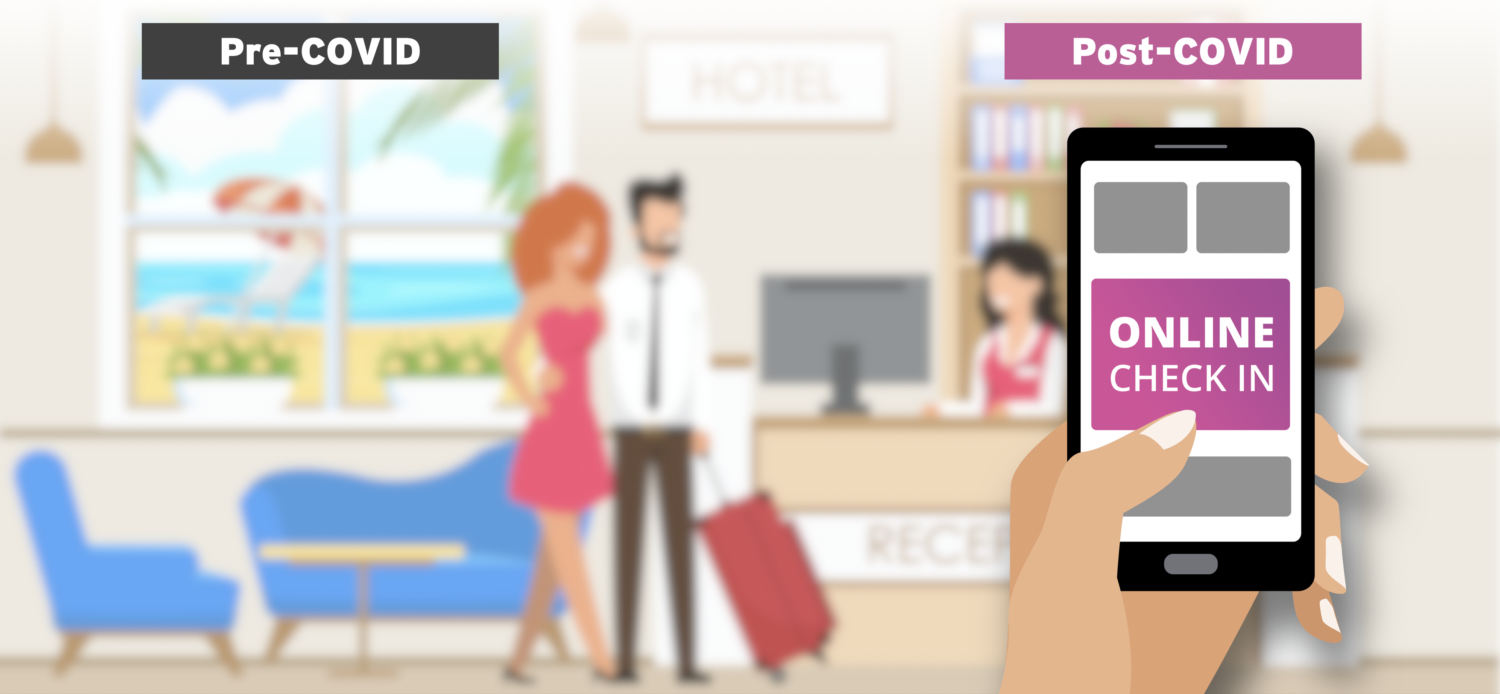Inspire Booking Confidence With Review Responses [Webinar]

Today’s post starts with a bit of backstory – although I am currently the Content Manager at Travel Media Group, though that is not where my journey began. A couple of years ago, I started on our Respond & Resolve™ team as a Response Analyst, working directly with our hotel partners on efficient and effective review response strategies.
So all of the advice I’m sharing here today comes from a very personal place, right from the front lines of our review response program.
As we begin, I want you to think about how effective are your review responses at setting future guest expectations. Are you effectively sharing policies and amenity updates while smoothing over issues that arise during the stay of the reviewer?
Setting Expectations Online

Let’s dig a little deeper into that: we talk about setting expectations and making impressions, and before COVID-19, we know that most of that work was done by the front desk. They were your guests’ first and last touchpoints at the hotel. Front desk agents welcome guests, ask questions, figure out how a stay is going to go, and resolve any worries right there before the guests are even done checking in. At the end of the stay, they can be a filter to address any issues that arose before the guest goes home and posts online.
However, in a Post-COVID world, more and more guests are moving to remote check-in services. They pass the front desk completely, heading straight to their room to get settled. This completely erases the buffer that the front desk had to handle the guest and help them feel welcome and at home.

So, what does that mean for your hotel? It means that your guests’ expectations are being set before they even set foot on your property. As a result, you need to meet them where they are and set up their expectations online.
Review response is really the best, most efficient way to do this. If you’re a traveler searching for an exciting getaway in California, my Google search is going to lead you to a specific property listing – whether on Google or on an OTA like TripAdvisor or Expedia. To narrow your choices, you’ll use reviews to see what each hotel is about.
No matter where your hotel is located, your future guests are doing the same. Reviews will be some of the first things they see about your property, positive and negative.
Best Practices Tip #1: Respond to Your Reviews

You’re probably already doing this, but it always bears repeating. If you receive a review with content, you need to respond to it – quickly. This injection of your perspective is vital to ensuring that any future travelers looking at your hotel’s listing online are seeing your side of the story and that you’re listening to your guests, even if they’re leaving you glowing reviews.
Sit back for a moment and really, truly think: how often are you able to respond to reviews online? Multiple times a day, once a day, or hardly ever?
I’d like to share a brief story with you – say you only have one time each day you can respond to reviews: 2 PM. However, that overlaps with your check-in time. You may be the only person who can check anyone in. Obviously, the guests waiting for rooms are your priority, so you answer reviews at 1:50 and then handle the front desk. The day is surprisingly busy, and you’re at your desk until 4, answering incoming questions, phone calls, and handling guests.
But at the same time, reviews are being posted online. That means that any future travelers are seeing what your past guests are posting – and what if one of those reviews is negative? What if you chose the wrong ten minutes to respond to reviews? Every hour that passes, future guests are seeing that negative review and using it to frame their opinion on your hotel.
The Purpose of Review Response: Pre- and Post-COVID
You may have thought that setting upcoming guest expectations in a review response isn’t the main goal, but as we move further into recovery, that is really what it’s becoming.

The purpose of review responses pre-COVID was a bit simpler. You could include keywords like your hotel’s name to float good reviews to the top of Google’s search results. You’d express general thanks or clear up misunderstandings, just to be sure guests felt heard. It was all more procedural; maybe you were responding to reviews just because it was part of the process, and it didn’t have much to do with your reputation.

That is a huge piece of the puzzle that shifted post-COVID. Guests are now looking for different information, and it needs to be continually accessible: on your website, on social media, and embedded in as many review responses as possible. Guests are looking for COVID policies like mask mandates or capacity limits, they’re seeking information about local restrictions. And as always, review response post-COVID is your space to clear up misunderstandings.
When you do this, you boost guest confidence. They feel like they know exactly what they’re going to get by staying at your hotel.
Best Practices Tip #2: Promote Your Amenities
In positive reviews, you can openly advertise upcoming changes if you have something confirmed in your pipeline that you want to share. “Our pool is opening soon,” “Our gym is regularly cleaned between uses and open to all guests.”
In negative reviews, however, try to only mention your amenities if they are in the subject of the review itself. Discuss them in a positive light, or use it as a way to clear up a misunderstood policy. For example: “We’re sorry you found our breakfast didn’t meet your expectations – we’re working with our staff to get the regular cafe up and running again soon.”
Best Practices Tip #3: Reinforce Your Policies in Every Review
The situation surrounding COVID-19 is still changing: depending on your state, your restrictions, mask mandates, and crowd control policies may be different than where your traveler is coming from. Guests won’t feel confident unless they are up to date on all your policies; reinforcing your policies in review response boosts booking confidence, ultimately improving your guests’ first impression of your hotel.
This goes especially for negative reviews: restating your policies and mentioning changes as they occur can smooth over any misunderstandings that may have arisen during a guest’s stay. Again, it keeps your future guests in the know about your latest policies before they even hit your website.
We all know how crucial review response is to your online reputation – but writing review responses takes time. Time is the most valuable resource for hoteliers right now: you want to spend it taking care of your guests and your property.![]()
That’s why Travel Media Group offers a robust review response program, where our team of professional U.S.-based writers handles the hard part for you. The team is experienced and uses your customizable review response notes to get your hotel’s voice, policies, greetings, and signatures perfect every time. All of our responses can be reviewed by you before posting, and our experienced team audits every response again before it goes public.
To learn more about our review response writers, visit our Respond & Resolve™ page.





0 Comments